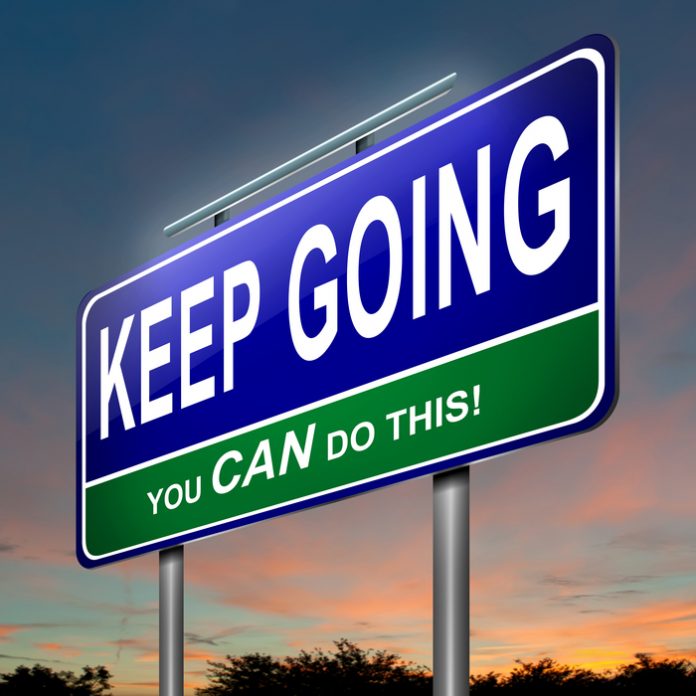A “simple but not simplistic” way to build resilience is for leaders to regularly check in with their employees and ask one question, a leadership specialist says.
The ability for leaders and their employees to be resilient – to bounce back from adversity – is increasingly important in today’s VUCA (volatile, uncertain, complex and ambiguous) world, says Caroline Glanville-Jones, lead designer and facilitator at consulting firm OnCourse.
Leaders can take two simple steps to build their own resilience and that of their employees, the first of which involves increasing their self-awareness, she says.
“Leaders fail not due to their lack of IQ… but due to their lack of self-awareness.”
They should perform a weekly “check-in” during, for example, a team meeting, asking each employee (and themselves) “how are you feeling?” and giving them 15–30 seconds to respond – and “‘good’ and ‘fine’ don’t count”, Glanville-Jones says.
“There’s an old bit of psychological wisdom that still holds true: labelling an emotion allows you to have it and neutralise it faster,” she says, so a leader encouraging employees to share those emotions during a meeting helps them “take a temperature check of what’s happening in the team”.
While Glanville-Jones was training a number of off-shore engineers for an oil and gas company, the importance of this was brought home when they “bared their souls” after she asked how they were feeling, she told a recent Talent Web briefing.
The employees spoke about their feelings to “support each other being in the best possible emotional state” because it was a health and safety issue, with one of the employees saying: “I don’t want to work on a platform with someone whose dad’s got cancer and not know about that… because literally my life is in his hands”, she says.
Check-ins also “remind us how to see people”, she notes.
Sometimes people will view others as an obstacle to where they want to go in their career, for example, or as a vehicle to get there – someone to use.
“In terms of resilience, it’s so important to remember that people are human beings. It sounds simple… but I know that we don’t.”
Another way to become more self-aware is for leaders and employees to write down three things they’re grateful for every day, Glanville-Jones says, as doing so “changes what we pay attention to in our brain”.
The second step in building resilience is practising mindfulness, she says, which in the words of the UK Mindfulness All-Party Parliamentary Group is “paying attention to what’s happening in the present moment in the mind, body and external environment, with an attitude of curiosity and kindness”.
Mindfulness not only physically and mentally reduces the effects of stress, but also removes the “backlog of stress”, and increases memory and the ability to hold one’s attention.
Leaders should encourage employees to take a 30-second mental break before starting an important project, making a presentation, or having a performance review, and should also remember to take a break themselves, Glanville-Jones says.






















